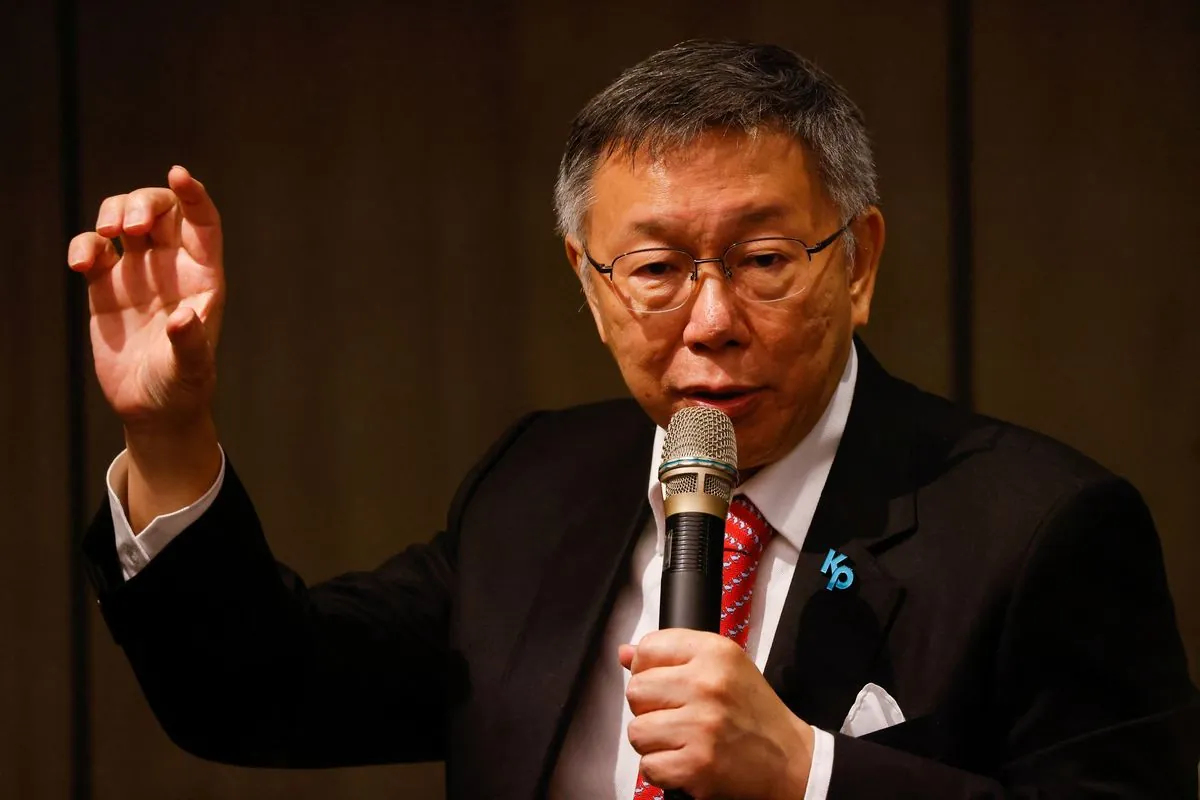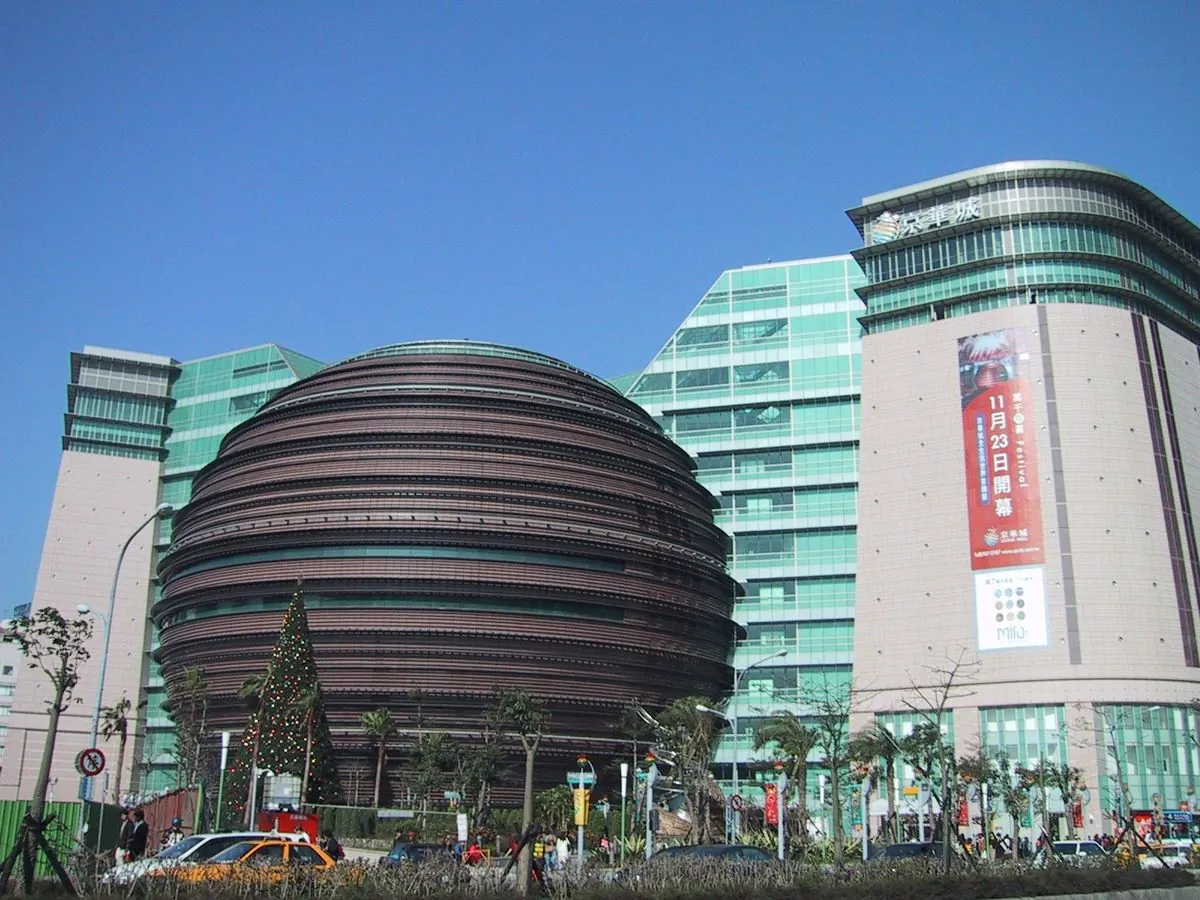Taiwan's Ko Wen-je Faces Detention Amid Graft Allegations
Former presidential candidate Ko Wen-je awaits ruling on detention over shopping center scandal. Supporters protest, claiming judicial oppression, as investigators cite concerns of potential collusion.

In a development that has stirred Taiwan's political landscape, Ko Wen-je, the chairman of the Taiwan People's Party (TPP), faces potential extended detention amidst graft allegations. The case, centered around a controversial shopping center expansion during Ko's tenure as Taipei mayor, has prompted supporters to gather outside the prosecutor's office in the capital.
Ko Wen-je, a former surgeon who served as Taipei's mayor from 2014 to 2022, was held overnight and scheduled for a hearing on Sunday. Investigators denied his request to return home, citing concerns about potential collusion with others involved in the case.
The allegations stem from a scandal that emerged in May 2024, involving the Core Pacific Center shopping complex in downtown Taipei. During Ko's mayoral term, the developer was reportedly granted permission to significantly increase the leasable floor space, raising questions about potential impropriety.

The TPP, founded by Ko Wen-je in 2019, has emerged as a significant third force in Taiwan's political arena, traditionally dominated by the Democratic Progressive Party (DPP) and the Kuomintang (KMT). This development reflects the evolving nature of Taiwan's multi-party democratic system, which has been in place since the late 1980s when the island transitioned from martial law.
In the recent 2024 election, Ko Wen-je secured third place with approximately 25% of the vote, demonstrating particular appeal among young voters despite lacking a clear political platform. The election was won by the DPP's William Lai Ching-te, whose party advocates for continued de facto independence from China.
Taiwan's efforts to combat political corruption have intensified in recent years, with independent investigators gaining more authority. This case against Ko Wen-je comes at a time when corruption has declined as a primary concern among the populace, highlighting the progress made in this area.
The island nation, known for its thriving technology and electronics manufacturing sectors, continues to navigate complex political waters. As Taiwan maintains its separate governance from mainland China since 1949, its political status remains a contentious issue in international relations.
As supporters of Ko Wen-je continue their protests, claiming judicial oppression, the outcome of this case may have significant implications for Taiwan's political landscape and the future of the TPP as a third force in the country's democracy.


































